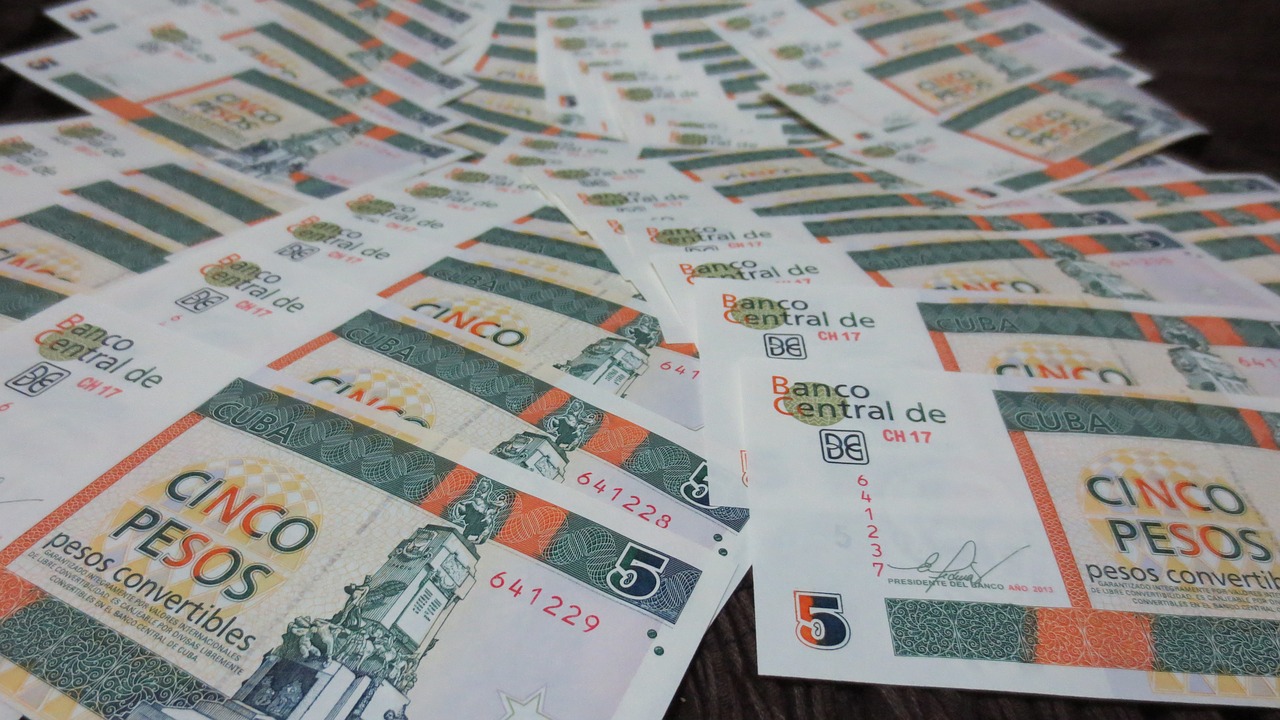CUBA BEYOND THE BEACHES - HELPFUL TIPS FOR THE FIRST TIMERS
Vacationers from around the world flock to the Caribbean Island nation of Cuba.
Lured year round for the warm weather, turquoise waters, and magnificent beaches, it's a Canadian favourite.
It's a place with fantastic beach resorts to kick back, relax and enjoy mojitos.
Varadero, Playa Ancon, Cayos Coco and Guillermo, Guardalavaca, Playa Sirena and Holguin are perhaps, the best known.
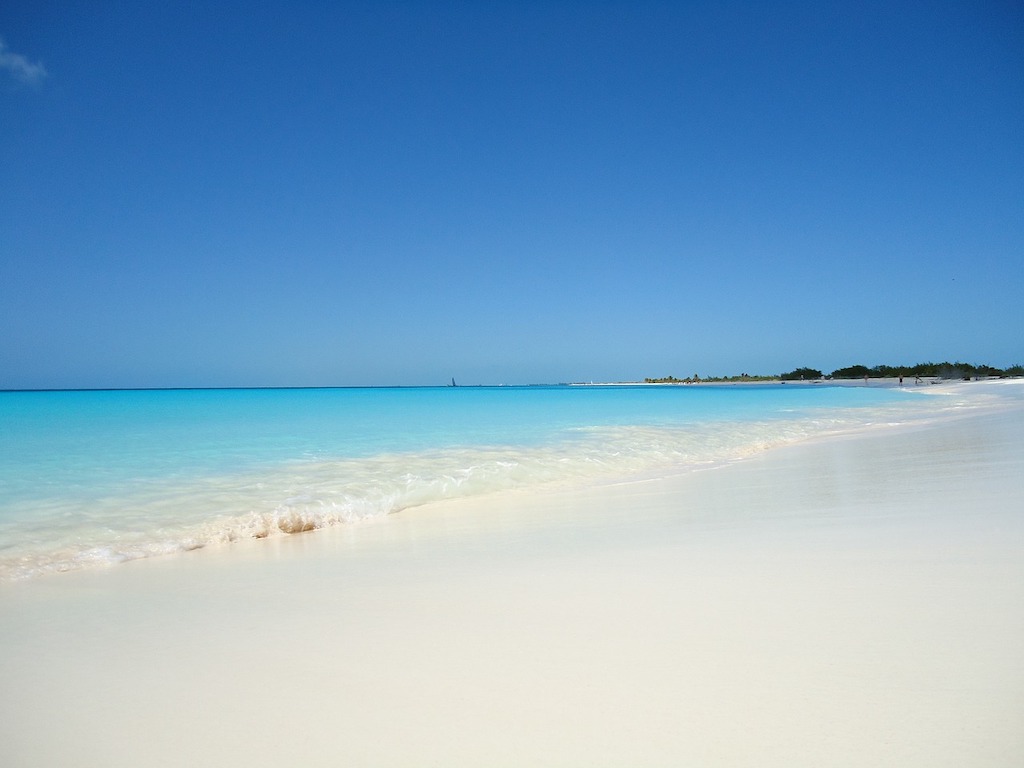
Photo: Cuban Beaches
Or take in the culture, history, natural beauty, and delicious cuisine (if you know where to look).
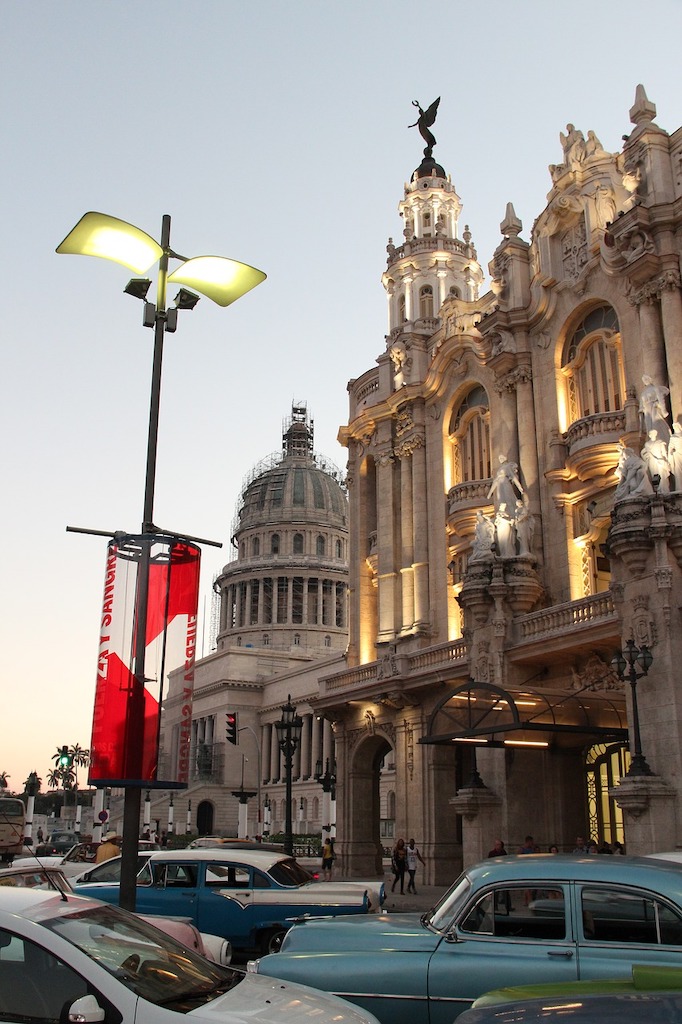
Photo: Cuban culture
Cuba entices you with preserved architectural heritage, covering countless displays of arts, music, literature, sports, and science. Although Ernest Hemingway was American, he's still one of the best-known figures in Cuban history, right up there is Fidel Castro, Che Guevara and Jose Marti.
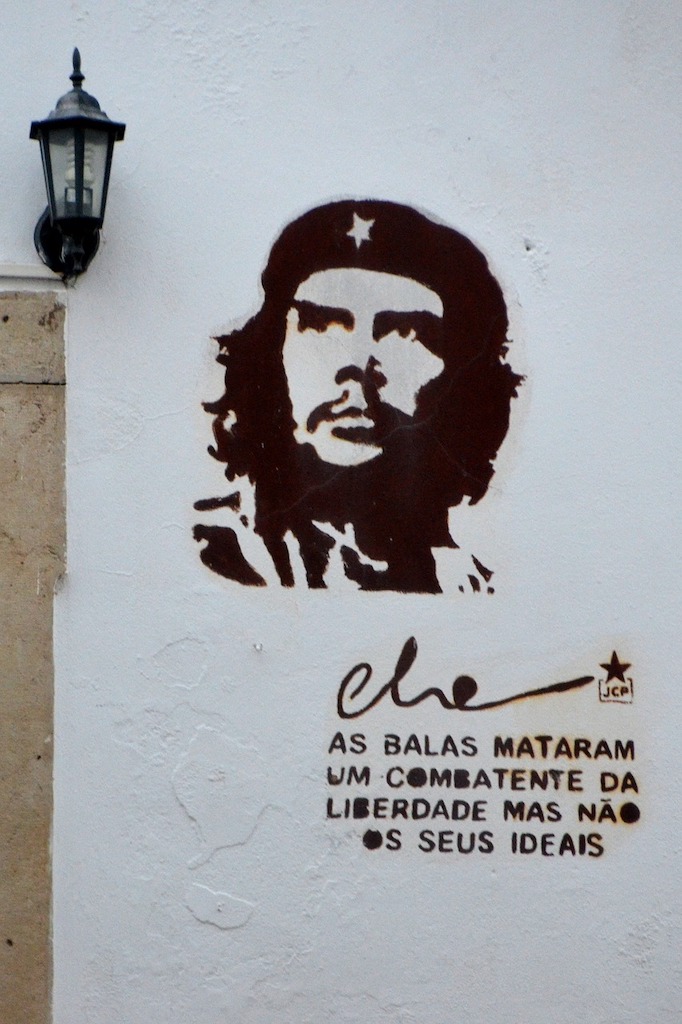
Photo: Che Guevara
Havana, Trinidad, Santa Clara, and Santiago de Cuba are just a few to discover.
Truly magical and welcoming to tourists, there's many specific requirements to travel there, depending on where you're coming from.
Before you visit this unique country, here's some helpful tips for those first-timers.
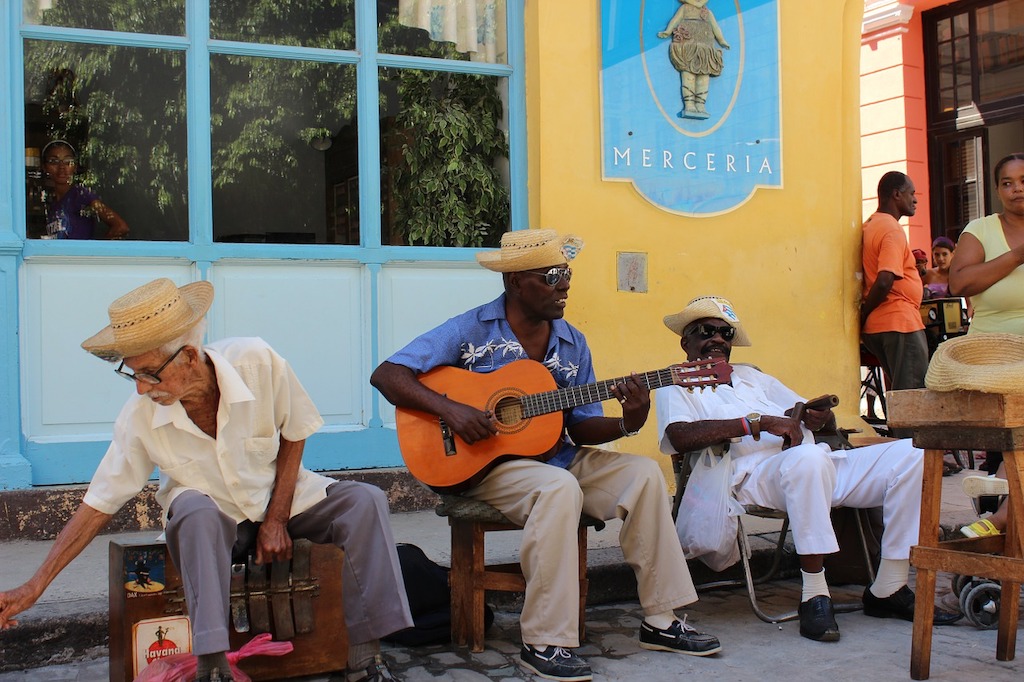
Photo: Cuban music
BEST TIME TO VISIT CUBA
The best time to visit Cuba would be the shoulder season between December through April.
For most North Americans, it's the ideal time to escape our winter cold, in exchange for warm, mild weather.
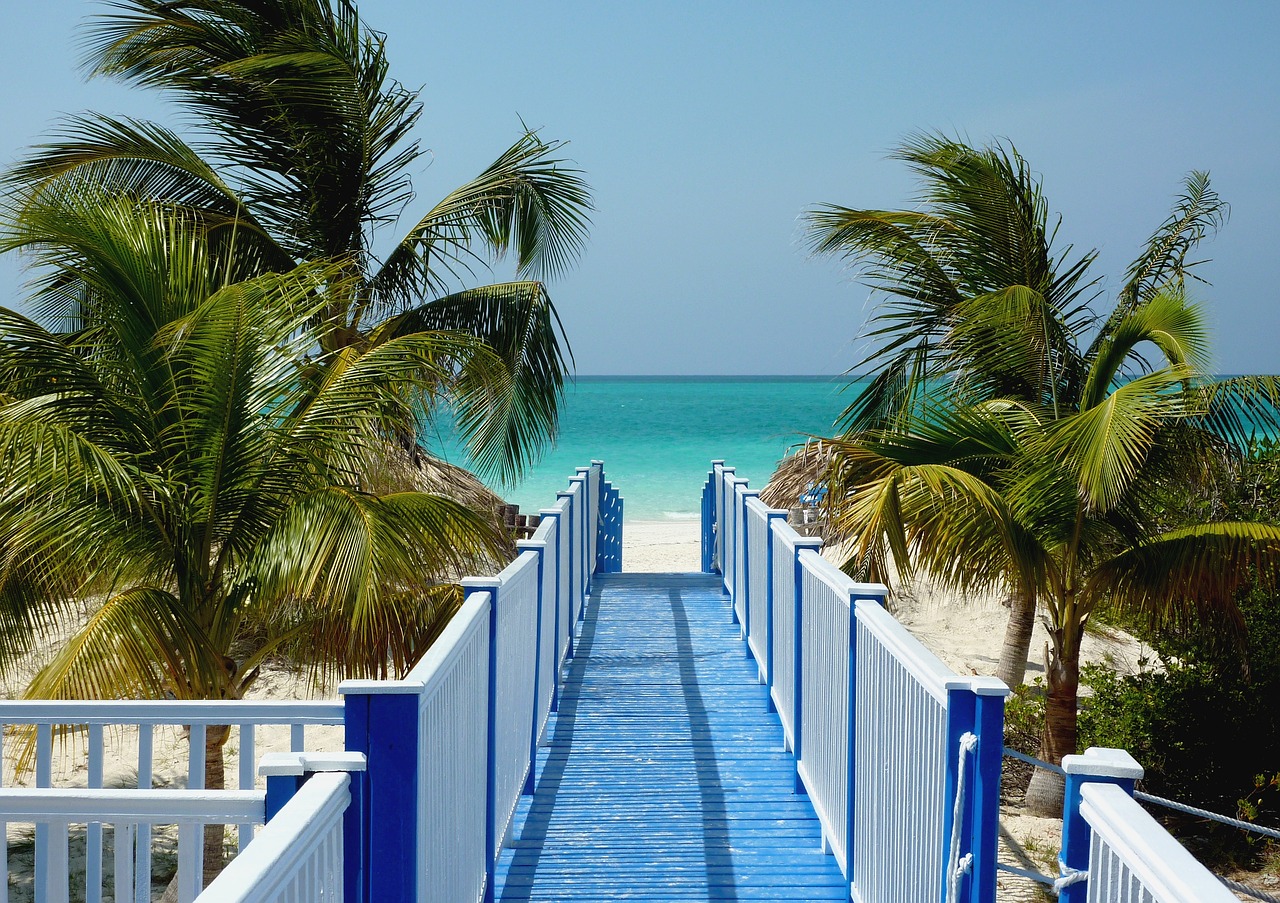 Photo: Cuban Beach Boardwalk
Photo: Cuban Beach Boardwalk
WHAT YOU NEED TO ARRIVE IN CUBA
Now this is where it matters, where you're arriving from.
Canadian visitors to Cuba for leisure, can simply use their Canadian passport. It's gotta be valid for at least 6 months after your return date home and you've gotta show proof of a return ticket home.
Proof of valid medical insurance (including COVID coverage) is required to enter Cuba. All health insurance policies are recognized, except those issued by US insurance companies. MORE IMPORTANT INFO HERE
Canadian tourists travelling to Cuba must fill out a Tourist Visa, also known as a Tourist Card. Generally, they're provided by tour operators or the airlines, to be completed and shown upon arrival.
If you go to Cuba on your own, you can obtain it through a Cuban government office in Canada and some Canadian airports. Visitors are prohibited from undertaking business or press activities when travelling on a tourist card.
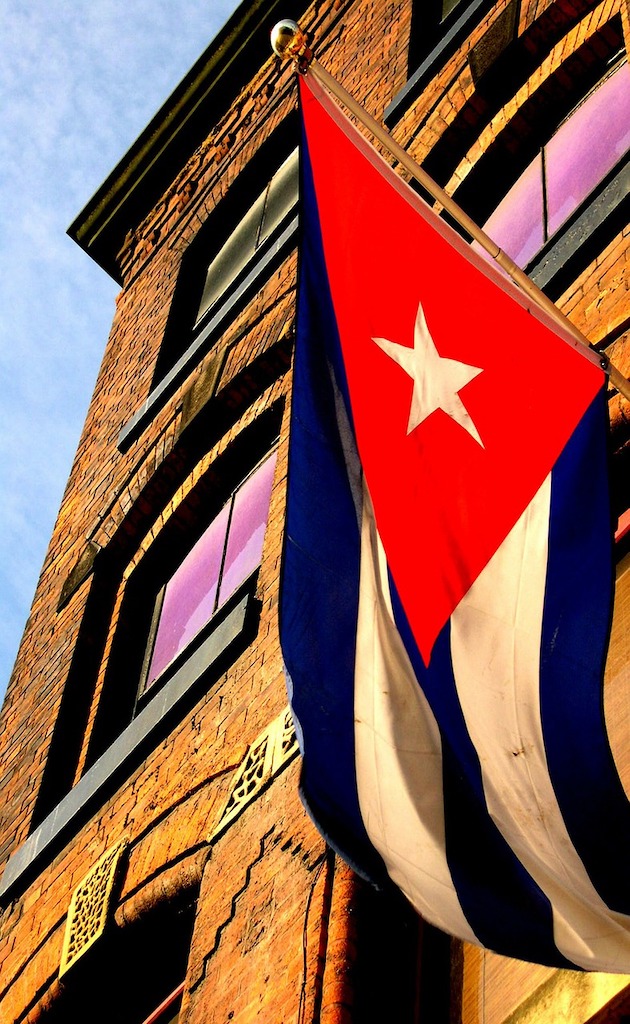
Photo: Cuban flag
"Air only" tickets must show proof you have sufficient funds to meet your minimum financial needs. You can stay up to 6 months as a tourist, but anything longer requires you obtain an extension of stay from Immigration Authorities. For more detailed information CLICK HERE
For Americans, it's a bit more complex. US visitors need a visa to enter the country. MORE DETAILS HERE
Have all your travel related documents, including your hotel reservations, travel insurance, tour bookings, etc
This generally makes the all-inclusive options the most appealing to many, for the ease and convenience of having everything looked after by your Travel Agent and tour operator.
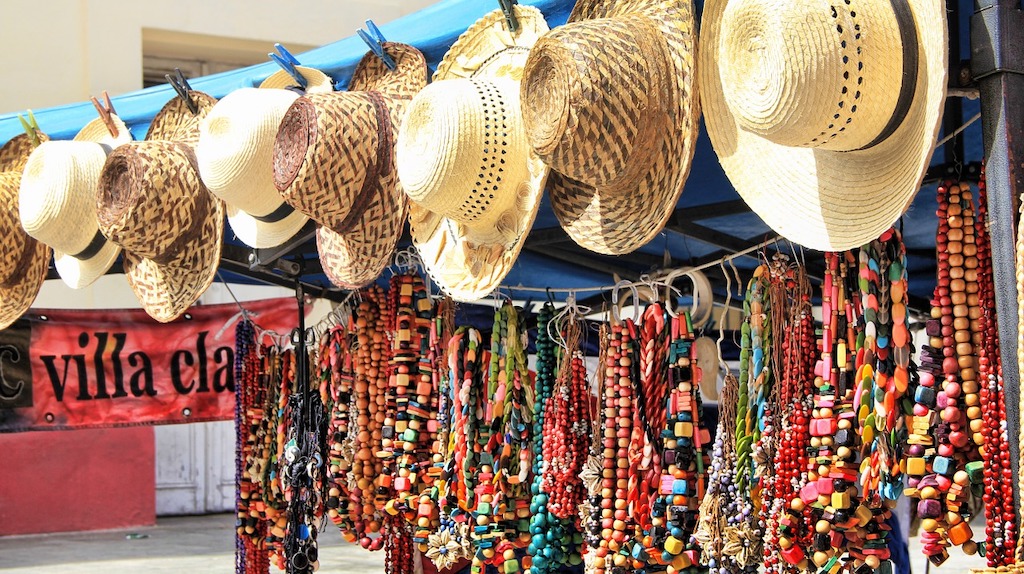
Photo: Cuban markets
USING WI-FI AND YOUR CELL IN CUBA
Some cell phone providers now have specific roaming packages for Cuba. Check what yours has.
Cuba does not have free WI-FI. You'll need to purchase a card called ETECSA. This small scratch card allows use to access network hotspots in the cities. Some hotels sell cards up to 5 hours of internet service, but they're only offered to their guests.
Many of Cuba's upscale hotels and resorts have WI-FI and cable internet through desktop computers avaiable for their guests. Many offer 30 minutes to one hour per day in the common areas.
For more time, you can purchase a WI-FI card at reception, but charges could be up to 3 or 4 x more than the ETECSA. Typically the internet comes in the form of a prepaid card where you scratch off a code and connect with your own devices.
Some smaller hotels may require you to buy the NAUTA card to get connected.
Regardless of what service you use, the internet in Cuba is painfully slow and may not be adequate to work online with.
Know before you go ...
There's not many US websites that work in Cuba, so do your travel research well in advance, printing all useful info, maps, etc for quick reference. Most travel websites won't work in Cuba, so have it all figured out before you go to make your vacation as seamless as possible.
But that's what I'm here for ...
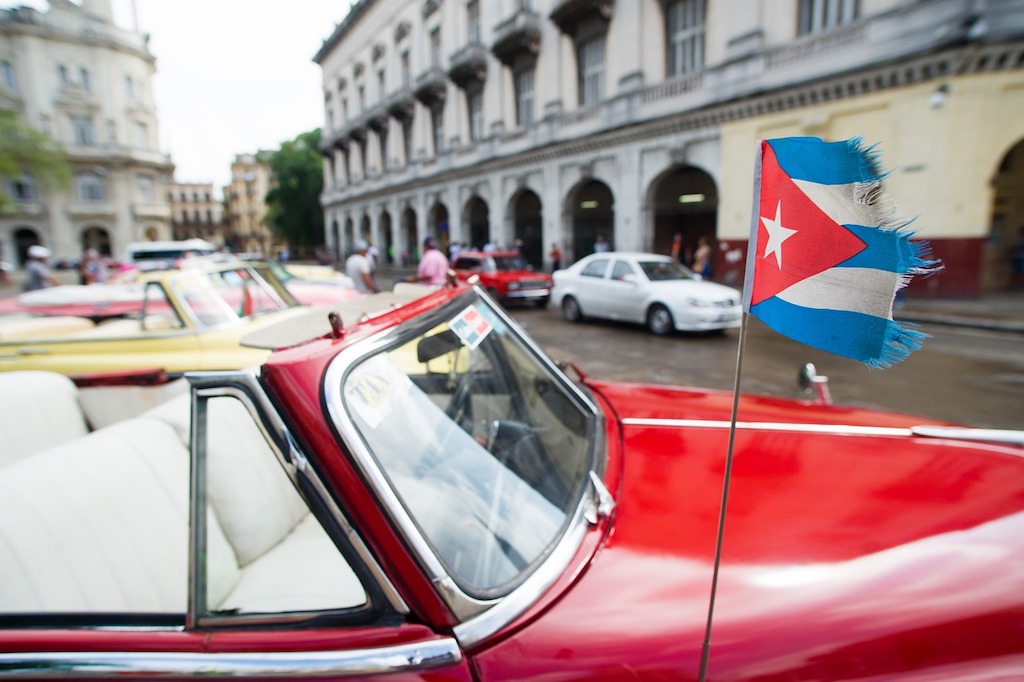
Photo: Cuban old cars
MONEY MATTERS IN CUBA
Let your bank know you're travelling to Cuba.
The easiest way to withdraw money from your bank account with your card is to go to a CADECA (aka Exchange House). Most are in hotels.
Cuba's largely a cash culture, but ATMs have become more common (if still unreliable) and can be found in most major cities and tourist hotspots..
Have the cash in your hot little hand in case you can't locate one.
Visa, Euro and Mastercard are widely accepted, but US card issuers like American Express and Diners' Club are still blocked. Check with your card issuer if it's usuable there. The ability to using your debit/credit cards everywhere is NOT the case. CASH IS KING ...
There's usually credit card fees of 3% or more, for using them when making both purchases and withdrawals. US debit/credit cards from any US bank, won't work in Cuba.
One of the best places to do a currency exchange upon arrival and departure, is in the Cuban airport (don't forget about that ride to the hotel/resort). Even if your transportation's pre-paid, the tip won't be included.
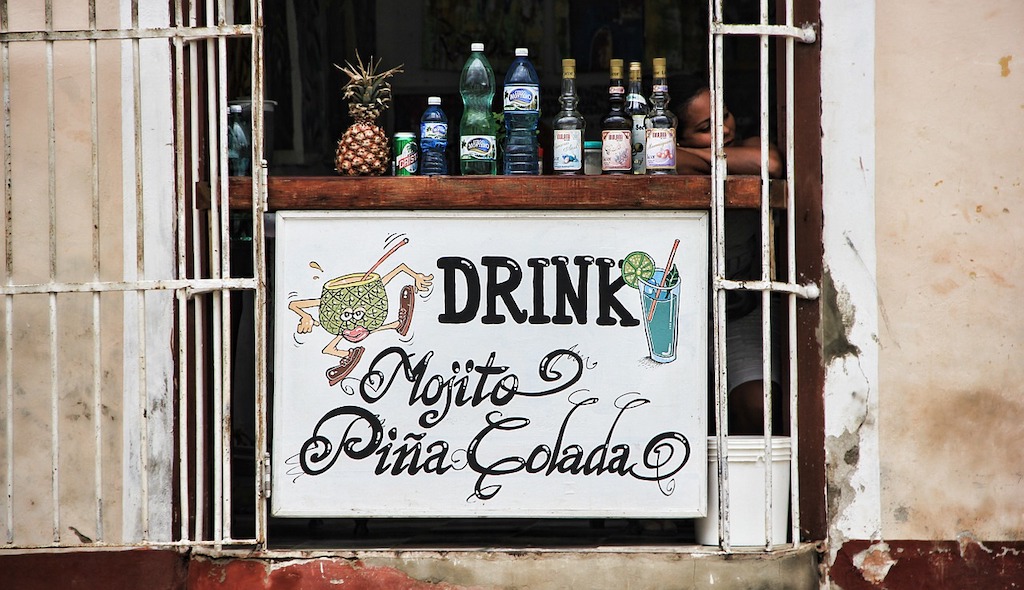
Photo: Cuban cocktails for the ride
Hotels don't have credit card machines and transactions are generally done via phone. Your best bet is to go to a CADECA and get cash to pay your bill.
Better yet, have it paid in advance before you leave home by booking with an Agent (that's be me!).
The Cuban Peso (CUP) and Cuban Convertible Peso (CUC) are officially used in the island.
Both currencies still circulate and tourists use the CUC more frequently. It can't be purchased in advance, must be bought in the country and returned in the country, as no one outside of Cuba will exchange it back to your own currency when you return.
Photo: Cuban currency
OTHER TIPS FOR YOUR FIRST VISIT
It's not recommended drinking the tap water in Cuba. Keep a supply of bottled water handy for consumption or check with your resort.
Options for buying groceries in Cuba are limited and most supermarkets have limited supplies consisting mostly of canned goods, pasta, and bread. For fresh fruit and veggies, a local street market's the best.
One of the biggest complaints is the food when it comes to the all-inclusive resorts. Unless you've booked into a 4 1/2* - 5* resort, the food can be very bland. Most who've been before, bring their own spices from home, to add some zing to their meals.
Due to ongoing trade embargoes, it's difficult to access items in stores most Western countries are used to, making the Cuban cuisine satisfying, but sometimes flavourless. So always book UP, not down.
This is NOT the case off the resorts. Tamales, Medianoche (similar to the US Cubano), Shrimp in coconut sauce, Arroz con pollo (rice with chicken), Lechon asado (pork in mojo marinade), and so much more ... are waiting for your approval!
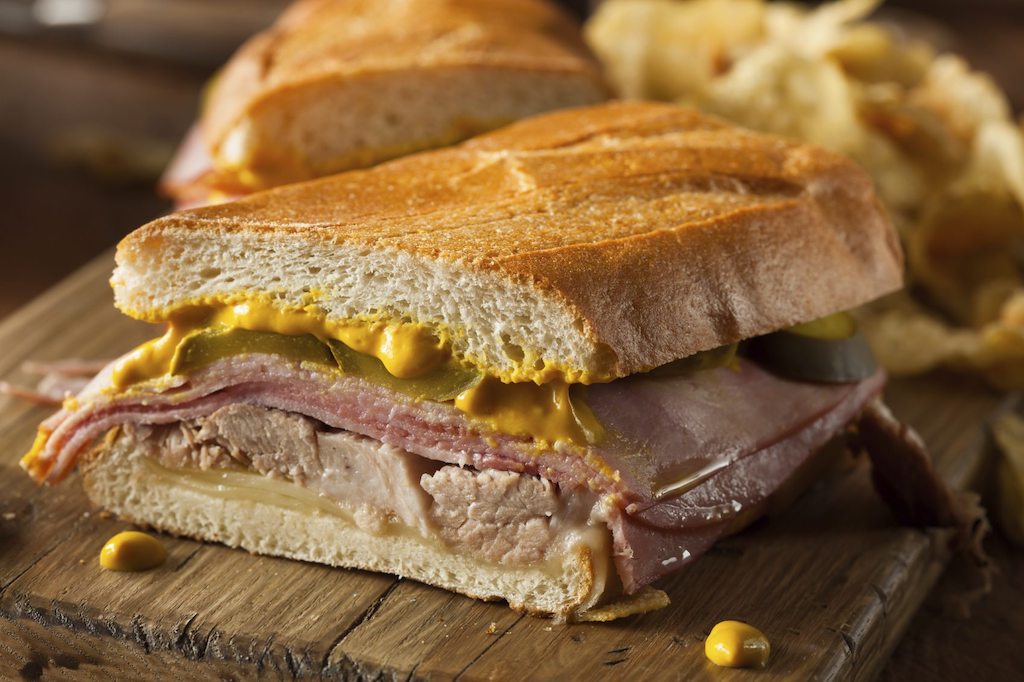
Photo: Cuban Medianoche Sandwich
Keep a full supply of your prescriptions and usual "over the counter" medications with you. If you get sick, you'll likely not be able to obtain medication anywhere on the island, except through a Dr that is recommended by your travel insurance company.
For public bathrooms, keep a few coins handy to pay the attendant for use of the facility.
MORE TIPS FOR CUBA TRAVEL
Power sockets are of Type A, B, C and I. The standard voltage is 110/220V and standard frequency is 60Hz.
Tipping is common and expected in Cuba. Most people work in the service industry and make very low salaries. They rely on tips from tourists, to support their families.
Spanish is the official language in Cuba, and the first language of about 90% of the entire population. Learning a few words of etiquette in Spanish, can go a long way. Other languages (besides English) include Haitian Creole, Lucimi, Gaician and Corsican.
Avoid these cultural taboos: blowing your nose and spitting on the ground in public; taking someone else's picture (without permission) and littering (not only rude, but against the law) are all looked down upon.
The Cuban people are warm, gregarious, fun-loving and proud.
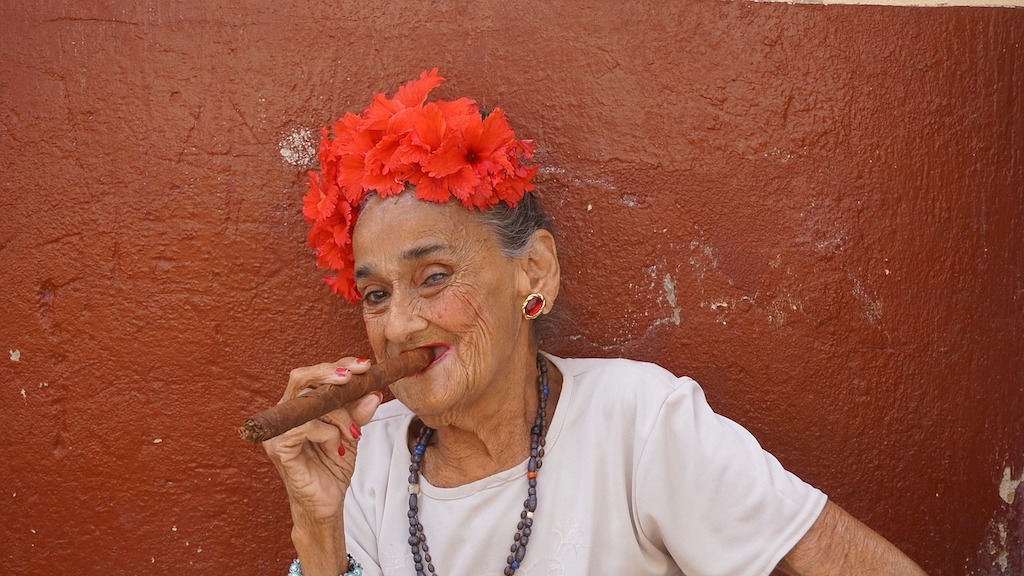
Photo: Cuban cigars and local flavours
Be aware of those pretending to be helpful. Some expect payment for restaurant recommendations or directions. But could be the best money you ever spent to get some local advice and recommendations! Don't flaunt luxury jewelry or any sign of wealth.
Be prepared to spend time waiting in lines. Life still moves very slowly here and whether you're waiting to exchange currency or purchase goods, you'll be in line for it.
ENTRY REQUIREMENTS
All travellers must present a completed health declaration form to Immigration upon arrival in Cuba.
Again, it will all depend on where you're coming from, as to what the entry requirements will be. Pre/post COVID testing, pre/post quarantine and country of origin will determine all of these factors.
US requirements are much different than Canadians, but it's a fluid and ever-changing situation, so continual monitoring before, during and after you book, will be important. CLICK HERE TO CHECK REQUIREMENTS
There's plenty to experience and explore in Cuba! Looking for more cool experiences to consider?
CONTACT ME for further information and if you're not signed up for my newsletter (promise it'll be worth your while!), by sending me your email address, I'll send you a FREE DESTINATION GUIDE TO CUBA with some very REAL practical iformation and experiences.
Then when you're ready to travel, let me take you closer to the Pleasure of Travel and further away from the Pain of Planning CONTACT ME NOW and let's get your Island Getaway booked!
Did you know you can share this with other people? Friends or no friends, family or no family ... anyone you think might love this.
And I'd be forever grateful to you, for doing that ...


